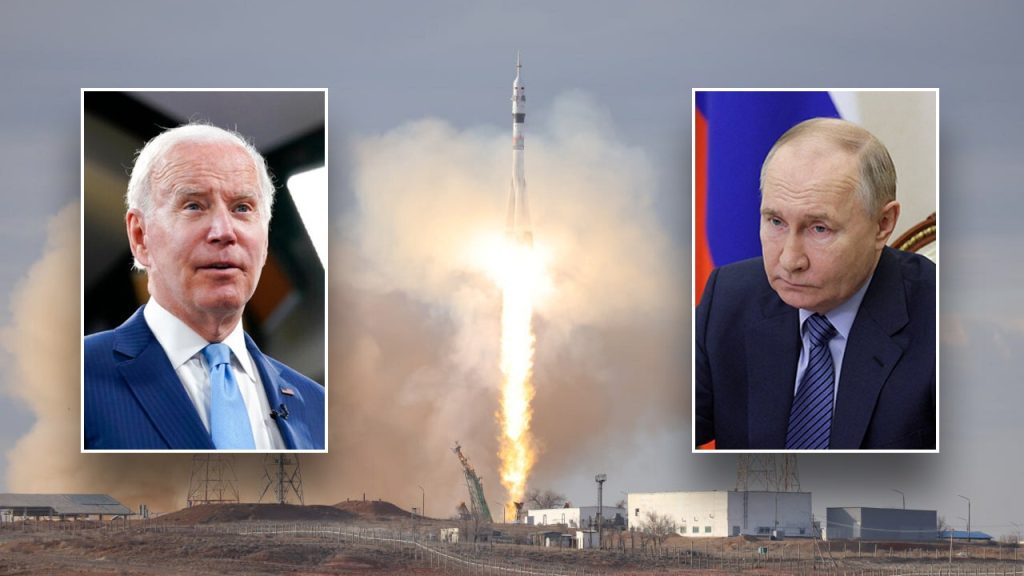A resolution proposed by the U.S. and Japan to prevent the use of nuclear weapons in outer space received support from 60 member states but was vetoed by Russia, who accused the measure of being a propaganda stunt. The resolution aimed to prevent an arms race in space and uphold the 1967 Outer Space Treaty. The U.S. Mission to the United Nations highlighted the importance of avoiding the detonation of a nuclear weapon in space, which could have catastrophic implications for various global sectors like communications, agriculture, and national security. Despite the rejection of the resolution, U.N. Secretary-General António Guterres warned of escalating geopolitical tensions and the heightened risk of nuclear warfare.
Russia has faced accusations of deploying a weapon capable of destroying satellites, causing concern over the potential consequences for both commercial and government operations that rely on these satellites for various purposes, including cellphone use and internet access. While Russia has publicly denounced the deployment of nuclear weapons in space and emphasized adherence to existing agreements, the U.S. has raised alarm over the reported anti-satellite weapon developed by Russia. The conflict surrounding space-based weapons comes amidst growing global concerns over the increasing risk of nuclear warfare.
Russian President Vladimir Putin has utilized threats of nuclear weapons, particularly in relation to the conflict with Ukraine, as a deterrent against more direct intervention from the U.S. and other NATO allies. Putin’s readiness for a potential nuclear war has heightened tensions, with concerns regarding the possibility of nuclear conflict reaching a peak not seen in decades. The refusal of Russia to support the U.S.-led resolution at the U.N. Security Council underscores the challenges in preventing an arms race in outer space and maintaining international peace and security in the face of escalating geopolitical rivalries.
The hypothetical scenario of a nuclear weapon detonation in space poses significant risks to critical global systems that rely on satellites, raising concerns over the need to prevent an arms race in outer space. The White House has raised alarms over Russia’s reported deployment of an anti-satellite weapon capable of generating an energy wave to destroy satellites, though the operational status of this weapon remains unconfirmed. The use of nuclear weapons as a means of geopolitical leverage reflects a dangerous escalation in international tensions, with potential implications for broader global stability.
Efforts to prevent the militarization of space and maintain the integrity of existing treaties like the 1967 Outer Space Treaty face challenges as geopolitical tensions rise and the risk of nuclear warfare escalates. The rejection of the U.S.-led resolution at the U.N. Security Council by Russia highlights the complexities of navigating international agreements and preventing the use of nuclear weapons in space. As countries like Russia and the U.S. continue to advance their space capabilities, ensuring the peaceful use of outer space and averting the threat of nuclear conflict becomes increasingly crucial for the preservation of international peace and security.


